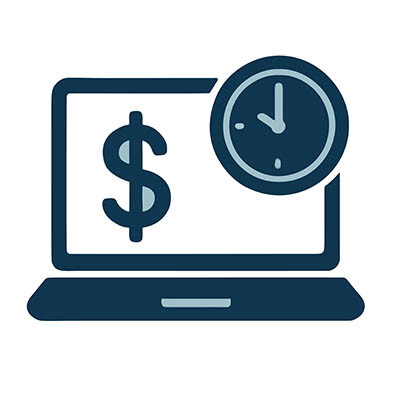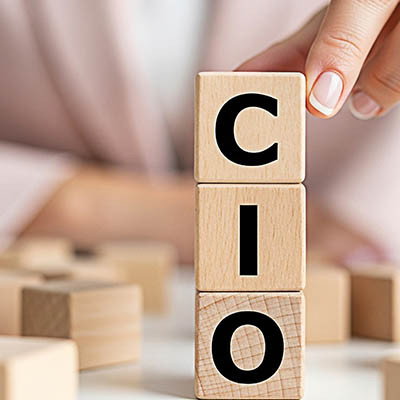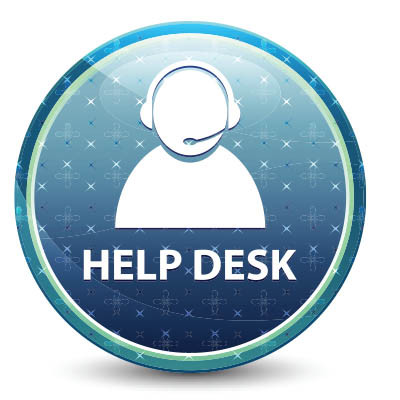It’s easy to fall into the trap that you have to be the entire C-Suite for your business all in one. You should be running your business, not managing its IT infrastructure, and trying to do it all will only pull your focus away from what matters most. Instead of worrying about endless security threats, unpredictable technology costs, and countless tech support questions, you should work with a managed IT provider.
Network Integration Specialists, Inc. Blog
It’s easy in IT to see a large IT invoice and think something needs to be done about it, but have you ever stopped to think about how much lost productivity is costing your business? Chances are, it’s even more than what it costs to receive IT support. Today, we’re exploring this invisible tax you pay due to poor IT performance (and what you can do to stop it).
Is your business technology a source of uncertainty and frustration? Are you constantly reacting to IT problems when you would prefer to proactively leverage technology to drive your business’ growth? This struggle is often the result of the Executive IT Gap, a phenomenon that traps businesses in an endless cycle of reactive, costly, and inefficient technology decisions that slow down growth.
A significant and growing number of small businesses are either actively using AI tools or exploring their potential, motivated by the promise of increased efficiency, cost savings, and gaining a competitive edge.
It's an exciting movement, proving that AI isn't just for huge mega corporations. Small businesses are using AI for everything from generating marketing content and handling customer service inquiries with chatbots to analyzing customer data and automating back-office tasks. The goal is to compete faster and smarter.
How do you know when it’s time to fire one of your vendors? Better yet, how do you know when you’re better off firing your IT vendor to find a better option? These kinds of situations can be stressful, but they’re not impossible. We’re here to help you make the call, as well as to offer a better alternative that saves you time, energy, and money.
Google has started to implement policies pushing remote staff back to the office, some of which have consequences for noncompliance. This feels like a step in the wrong direction, especially in regards to flexible workplaces and scheduling. Sure, in-person collaboration is great, but it’s hard to argue with the increasing body of proof showcasing the benefits of remote work, especially for SMBs.
Stuff happens, and this stuff can often be bad. That’s an inescapable part of life, especially if you’re trying to run a successful business. That said, the consequences of this bad stuff can usually be minimized—if not mitigated entirely—when you have a proper disaster recovery strategy.
Let’s review what goes into preparing this kind of strategy in the most effective way and what makes it so crucial.
"I don’t need to worry about cybersecurity… my business is too small for hackers to target."
This is one of the most dangerous misconceptions a small business can have. If you believe this, you may not fully understand how modern cyberattacks work. Let’s break down why this mindset can leave your business vulnerable.
Nobody likes getting large support bills from technology companies—especially when they are unexpected. This is the case for both the business owners footing the bill and the employees who might be held responsible for racking up the bill in the first place. This puts SMBs in a bit of an impossible situation; either spend money to keep employees productive, or save money and suffer from productivity issues.









